Does Iron Cause Constipation? A Closer Look
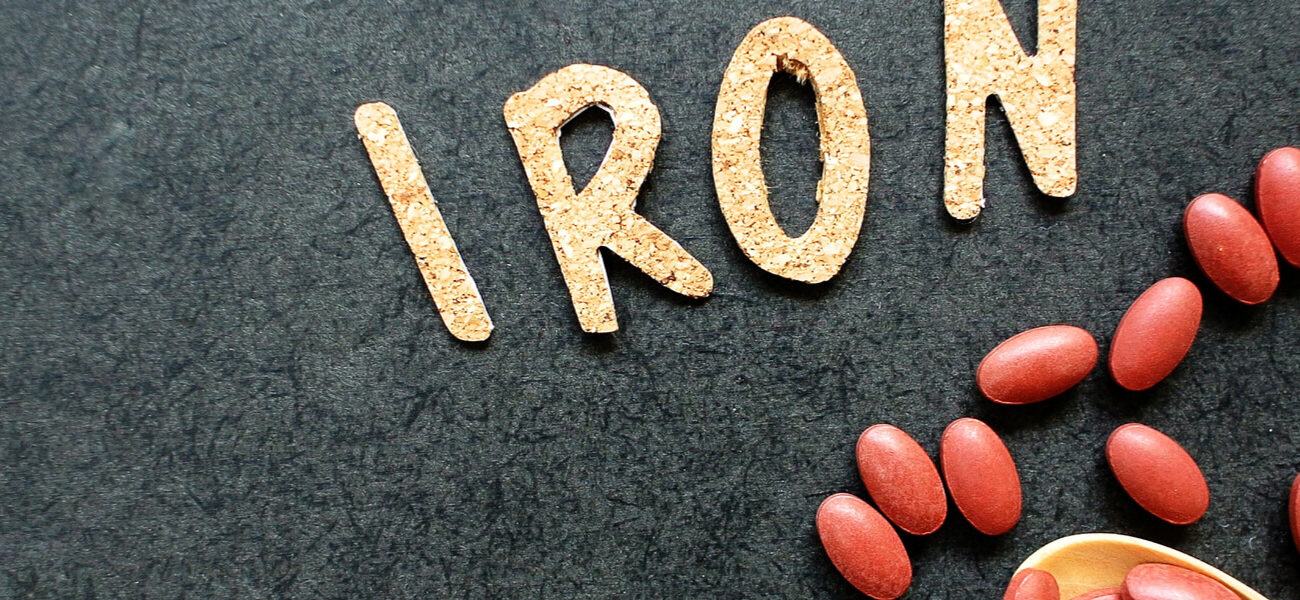
If you’ve started taking iron pills, you might notice your bathroom habits becoming problematic.
You’re not alone.
Iron tablets are a popular dietary supplement used frequently by people who aren’t getting enough iron.
Most people get enough iron from eating a balanced diet, as foods can play a key part in managing red blood counts and keeping your health under control.
However, iron deficiency is a widespread condition. It’s most commonly seen in small children, pregnant women, and people who simply lack iron in their diet.
With an iron deficiency, the human body cannot produce enough hemoglobin, a substance within the red blood cells that transports oxygen.
Iron levels need to be restored, and iron supplements work as a treatment option.
While a positive development, iron supplements have a common adverse effect and an entirely undesirable one – constipation. Because of this, many people give up on iron supplements.
This article looks at the link between iron and constipation and what you can expect from taking iron supplements.
Does Iron Cause Constipation?
As it turns out, constipation is a common side effect of taking iron pills.
Iron absorption is tricky. It’s difficult for the body to digest, resulting in gastrointestinal discomfort. Aside from constipation, iron may also cause diarrhea, nausea (sometimes vomiting), and bloating.
According to science, adding an iron supplement to your diet can disrupt the gut microbiota. That is the microorganisms living in the digestive tract.
There are good and bad bacteria. When you take too much iron, harmful bacteria can overproduce, leading to uncomfortable gastrointestinal side effects.
Iron Supplement Side Effects
If constipation wasn’t enough to deal with, there are other potential gastrointestinal side effects of taking an iron supplement. They include:

Advertisement
#1 Nausea
Although most people recommend that you take iron tablets on an empty stomach (for better iron absorption), many people benefit from taking them with a bit of food to avoid stomach upset.
Some suggest that taking a vitamin C supplement at the same time is helpful, or adding fruit juice rich in vitamin C, such as fresh orange juice or tomato juice.
In some cases, nausea can result from taking too much iron. It might be time to amend your dosage.
#2 Vomiting
As well as feeling sick, you may be inclined to vomit. Again, the symptom is usually preventable by reducing your intake.
#3 Diarrhea
Quite the opposite of constipation, many people experience diarrhea after taking iron.
#4 Heartburn
Heartburn can occur as the result of irritation in the esophagus. Eating a small amount of food with your pills can help mitigate heartburn.
Does Iron Make Your Poop Black?
A noticeable outcome of iron supplements is black stools.
While it can be alarming, it’s normal and expected as the result of iron tablets.
In some cases, black stool can be a sign of internal bleeding. For peace of mind, consult your doctor when you notice changes.
You should also seek medical advice if your stools differ more than just color, for instance, if they are tarry, blood-streaked, or painful.
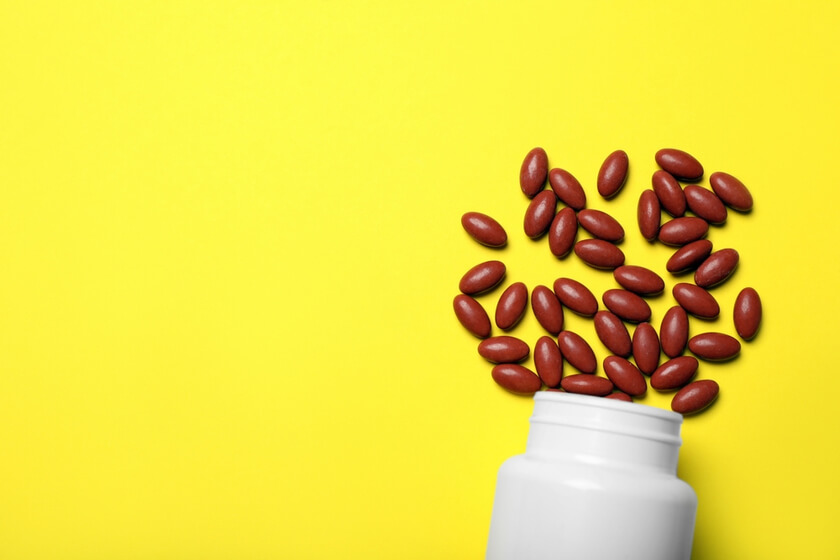
Can Iron Supplements Cause Diarrhea?
The digestive tract can be sensitive to iron consumption, resulting in several bathroom problems like constipation or the opposite – diarrhea.
Often, the symptom will subside as you adjust to the iron intake.
If you are experiencing diarrhea, it’s critical to stay hydrated by drinking plenty of liquids.
How to Relieve Stomach Pain From Iron Supplements?
Generally, you can relieve stomach pain from iron supplements by reducing the amount of iron you take and consuming it with snacks.
Your body takes time to adjust to the influx of iron, so often taking it in smaller amounts can mitigate the side effects until you’re ready to increase the dose gradually.
It may be possible to split your intake throughout the day to avoid stomach upset rather than taking a total dose all at once.
To relieve constipation, drink plenty of water and other fluids. A stool softener can also help prevent constipation.
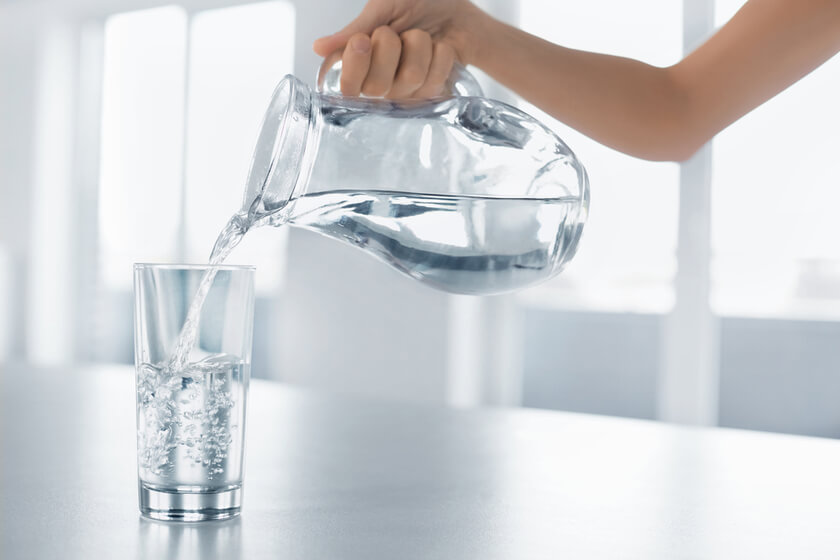
Taking the supplement with food may also help reduce heartburn. However, don’t overeat when you take it, as other foods can prevent your body from absorbing iron.
A Word From our RD
Iron is an essential mineral. Low iron levels can result in health issues like iron deficiency anemia, a medical condition where the blood has insufficient red blood cells.
To get more iron, many people take iron supplements.
Supplements are available in different forms. You can find pill, salt, and liquid forms of iron on the market. They fall into ferrous iron and ferric iron, with types including ferrous sulfate, ferrous gluconate, ferric citrate, and ferric sulfate.
Unfortunately, taking iron can result in adverse side effects, including constipation, black stools, and other gastrointestinal complaints.
To alleviate the effects, consult your doctor about your dosage, as you may be able to take less iron throughout the day. Your doctor may also recommend stool softeners to support bowel movements.
You can also improve digestive discomfort by eating enough fiber from whole grains and vegetables and drinking adequate amounts of water.
If your symptoms become too much to manage, speak to your healthcare professional about switching your dosage or trying another supplement form of iron that is more gentle.
Iron and Constipation: Conclusion
Iron supplementation can indeed cause constipation. Fortunately, there are some treatment options to resolve the issue.
As your iron stores build, the symptoms should ease off.
Taking iron supplements can interact with other medicines, so it’s essential to consult with your doctor or a registered dietitian if you want to start taking iron supplements or if you want to modify the dosage.
You should always take precautions with any dietary supplement. In the case of an accidental overdose, contact the poison control center immediately.



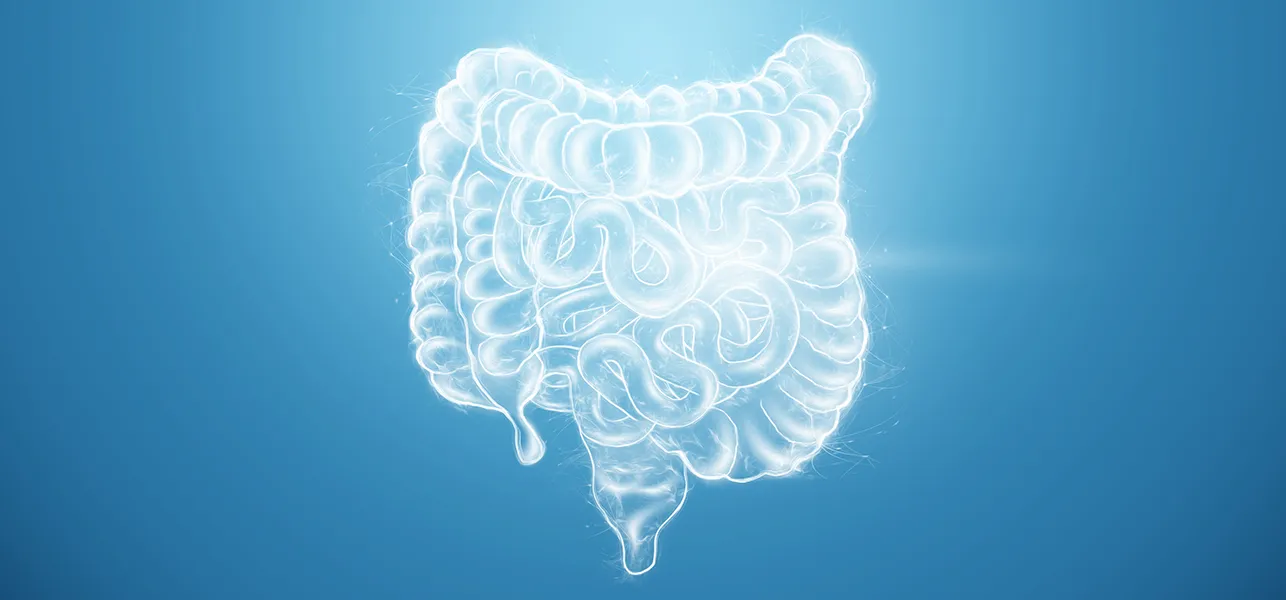

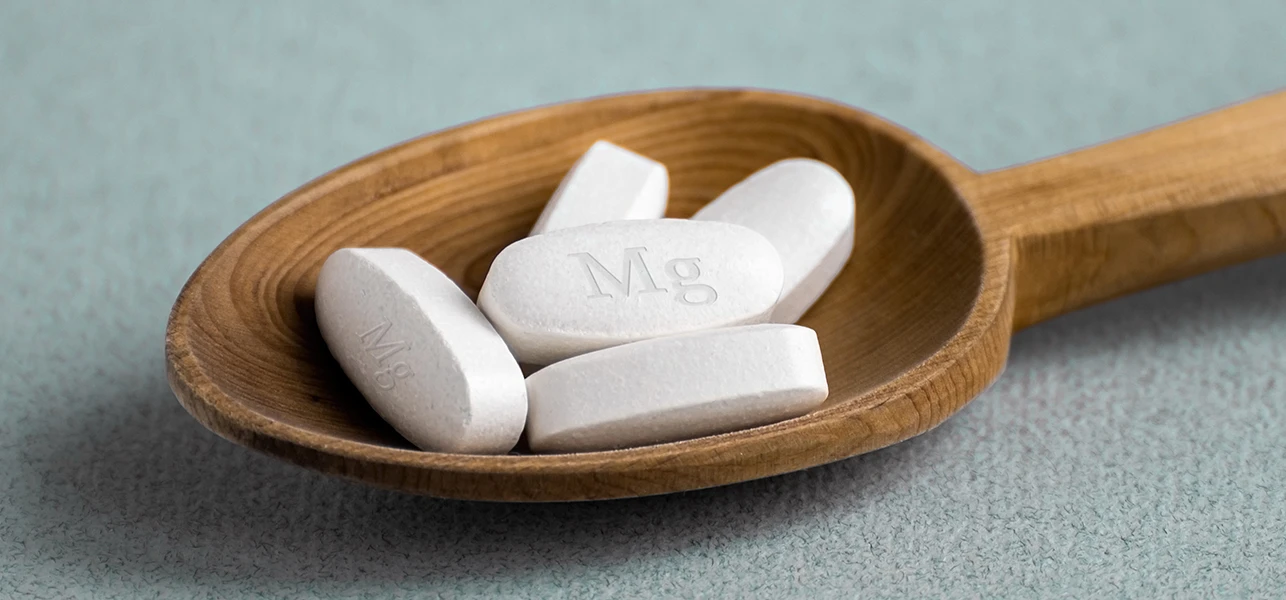

Comments (0)